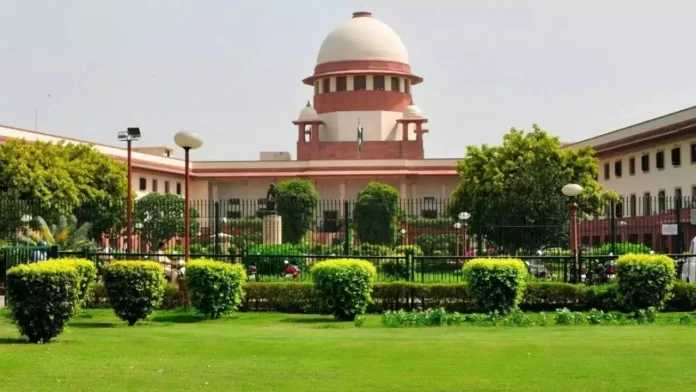18 Jul. 24: In a landmark judgment delivered last week, the Supreme Court of India declared Rahim Ali, a resident of Kashimpur village in Assam’s Nalbari district, an Indian citizen. This verdict marked the end of a 12-year legal battle that began when a Foreigners’ Tribunal labeled him a foreigner. However, The Indian Express has uncovered that Ali died over two-and-a-half years before the verdict, carrying the heavy tag of a “foreigner” to his grave.
Rahim Ali passed away on December 28, 2021, at the age of 58, still under the stigma of being an “illegal immigrant from Bangladesh.” Despite his death, the apex court continued to hear his case, which stemmed from a 2012 ex-parte order by the Tribunal declaring him a foreigner because he failed to appear before it due to a medical condition.
Ali’s appeal to the Gauhati High Court was dismissed, prompting him to approach the Supreme Court. In 2017, the Supreme Court referred his case back to a Foreigners’ Tribunal, which again declared him a foreigner based on discrepancies in his documents.
Advocate Kaushik Choudhury, who represented Ali pro bono, stated he was unaware of Ali’s death. Ali’s son, Mojibur Rahman, revealed that the family, overwhelmed by the legal struggle, did not communicate his father’s death to the lawyers.
The relentless legal battle took a severe financial toll on Ali’s family. They sold livestock, mortgaged land, and depleted their savings, spending around Rs 2.5 lakh on the case. The family’s home remains a kutcha house, reflecting their ongoing economic hardship.
Hajera Bibi, Ali’s widow, recounted the fear that haunted her husband. Declared a foreigner by the Tribunal, he avoided sleeping at home for three months, fearing police arrest. His greatest anxiety was being taken away, a fear that persisted until his death.
The Supreme Court, while delivering its verdict, criticized the procedures followed by the border police and the Foreigners’ Tribunal. The court questioned the basis for the initial suspicion and the specific allegations of Ali’s origins from a village in Bangladesh, noting the lack of concrete evidence.
The verdict, which came too late for Ali, leaves his family with mixed feelings. While the judgment clears his name, it does little to compensate for the years of fear, financial strain, and societal stigma they endured. Hajera Bibi poignantly questioned the point of the posthumous declaration, as the fear that plagued her husband’s life ultimately died with him.




